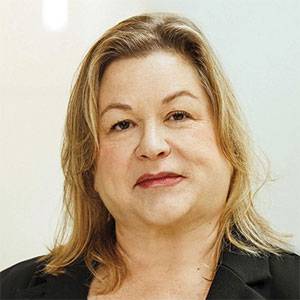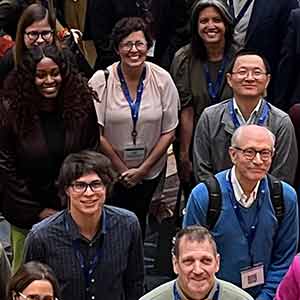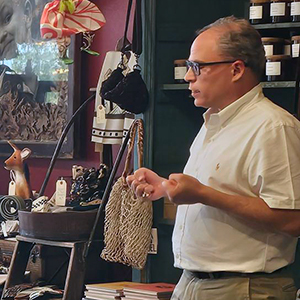Through a new virtual learning program, Johns Hopkins University students and staff are sharing information about the novel coronavirus with school kids.
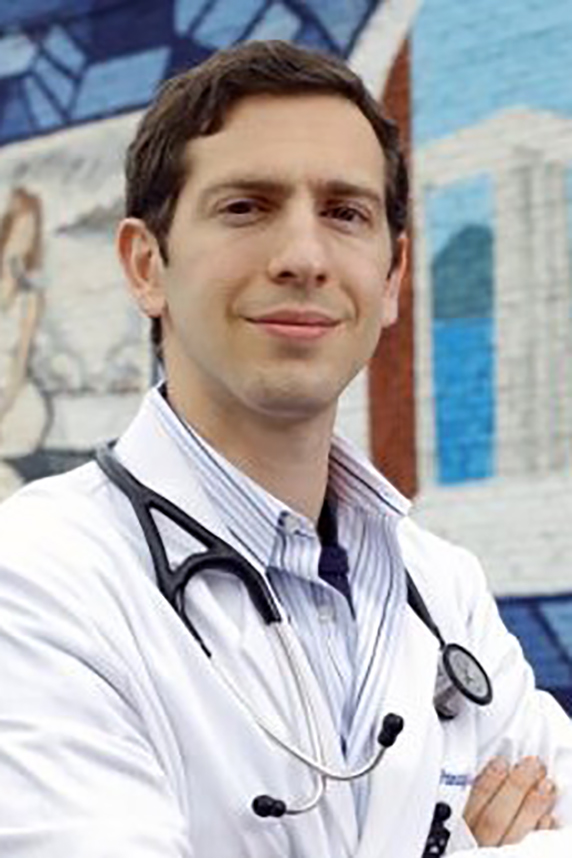 Galiatsatos also works with Medicine for the Greater Good, a hospital initiative that promotes good health practices and wellness in disadvantaged communities. (Photo courtesy of Johns Hopkins Medicine)
Galiatsatos also works with Medicine for the Greater Good, a hospital initiative that promotes good health practices and wellness in disadvantaged communities. (Photo courtesy of Johns Hopkins Medicine)Panagis Galiatsatos, M.D., a pulmonary and critical care physician at Johns Hopkins Medicine, started the program to teach K-12 students about the science of COVID-19, the disease caused by the coronavirus, and how to protect themselves and others. The project grew university-wide with input from the schools of education and public health.
“This innovative teaching series is an outgrowth of the community engagement that Panagis directs as part of the NIEHS-supported Centers of Excellence on Environmental Health Disparities Research,” said Liam O’Fallon, a health specialist at the institute. “Given the research that their center conducts related to respiratory disease and the environment and their strong community engagement efforts, they were able to respond quickly to the pandemic.”
Under the auspices of Johns Hopkins HEAT Corps (Health Education And Training) and with the aid of trained, volunteer instructors, the COVID-19 teaching series is expanding across the U.S. and internationally.
Learning about COVID-19
Baltimore teachers, struggling with the coronavirus topic, reached out to Galiatsatos because he had previously taught their students about lung health and air pollution. He took on the challenge of developing a clear way to explain COVID-19 to students.
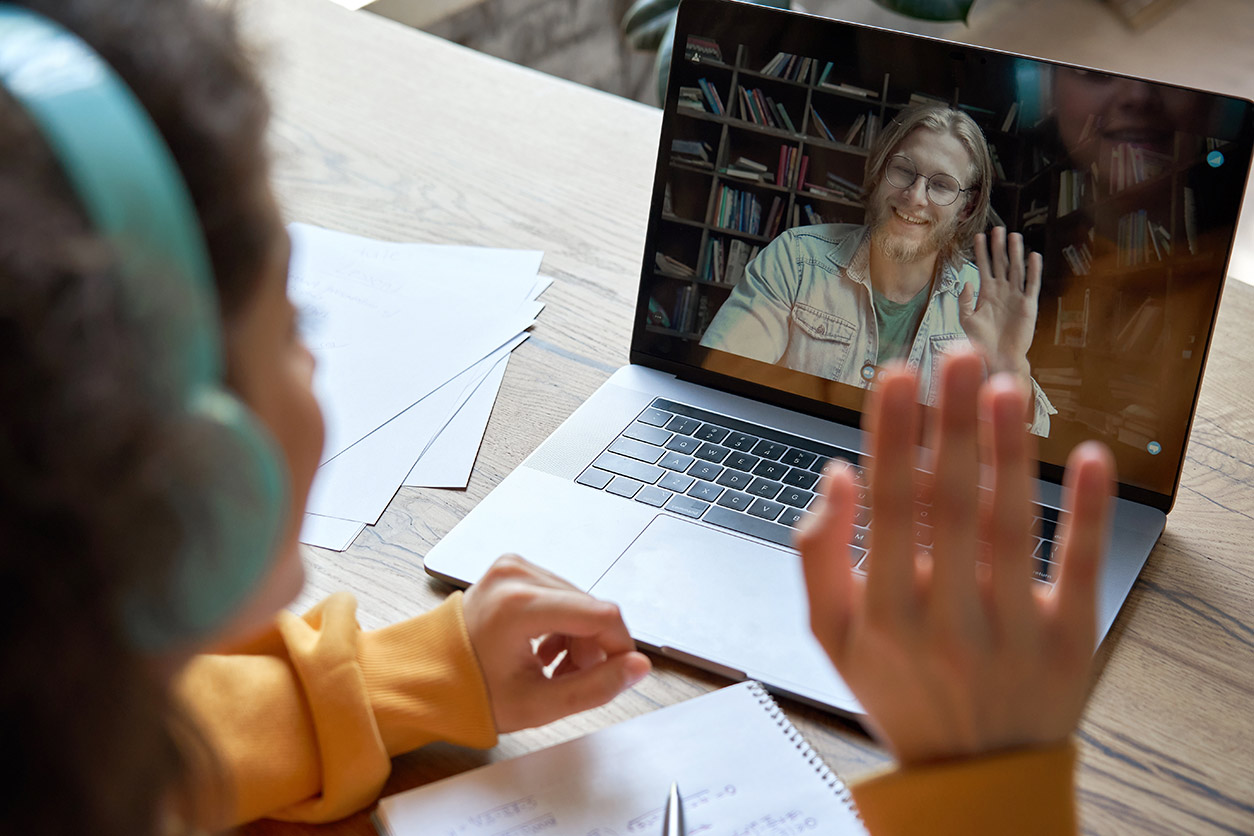 Each COVID-19 education session runs about 30 minutes and is taught live by a trained instructor. Student worksheets and other class materials are provided in advance of the session.
Each COVID-19 education session runs about 30 minutes and is taught live by a trained instructor. Student worksheets and other class materials are provided in advance of the session.“The students want to know more about the disease, and they want to help others,” said Galiatsatos. “We want to help students, who may be feeling vulnerable and frightened, find hope and a sense of control.”
The curriculum covers many facets of COVID-19, such as its biology, mathematical models of a pandemic, physics behind how a face mask works, and the chemistry of hand washing and using sanitizer. There are 12 different lectures. With humor and attention-getting detail, youth are also told how they can make a difference through physical distancing, mask wearing, and handwashing.
The real front line of defense
“I’m a lung doctor who has been treating COVID-19 patients, and I think calling health care workers the front line is a misnomer,” said Galiatsatos. “I tell the students, who want to help protect others from the virus, that they are the front line of defense. Physicians like me are actually the last line of defense.”
Teaching from afar
Volunteer instructors range from undergraduate students to resident physicians at Johns Hopkins University. So far this year, about 90 people are trained to teach the COVID-19 curriculum.
After signing up for the program, schools schedule a lecture for a date and time through a special portal. Then a match is made with an instructor who is available.
The COVID-19 teaching series has been requested in 24 states, from Hawaii to New York, and in five countries including Cypress, Guatemala, Ghana, Panama, and Tanzania.
Caring for community
Feedback received by the Johns Hopkins HEAT Corps indicates that although the pandemic disrupts education in the U.S. and other countries, a program like this one is unifying. One teacher said her fifth-grade students felt much better after listening to the instructor and being given the opportunity to ask questions. She added that offering the teaching series is a true demonstration of caring for a community.
(Carol Kelly is managing editor in the NIEHS Office of Communications and Public Liaison.)





